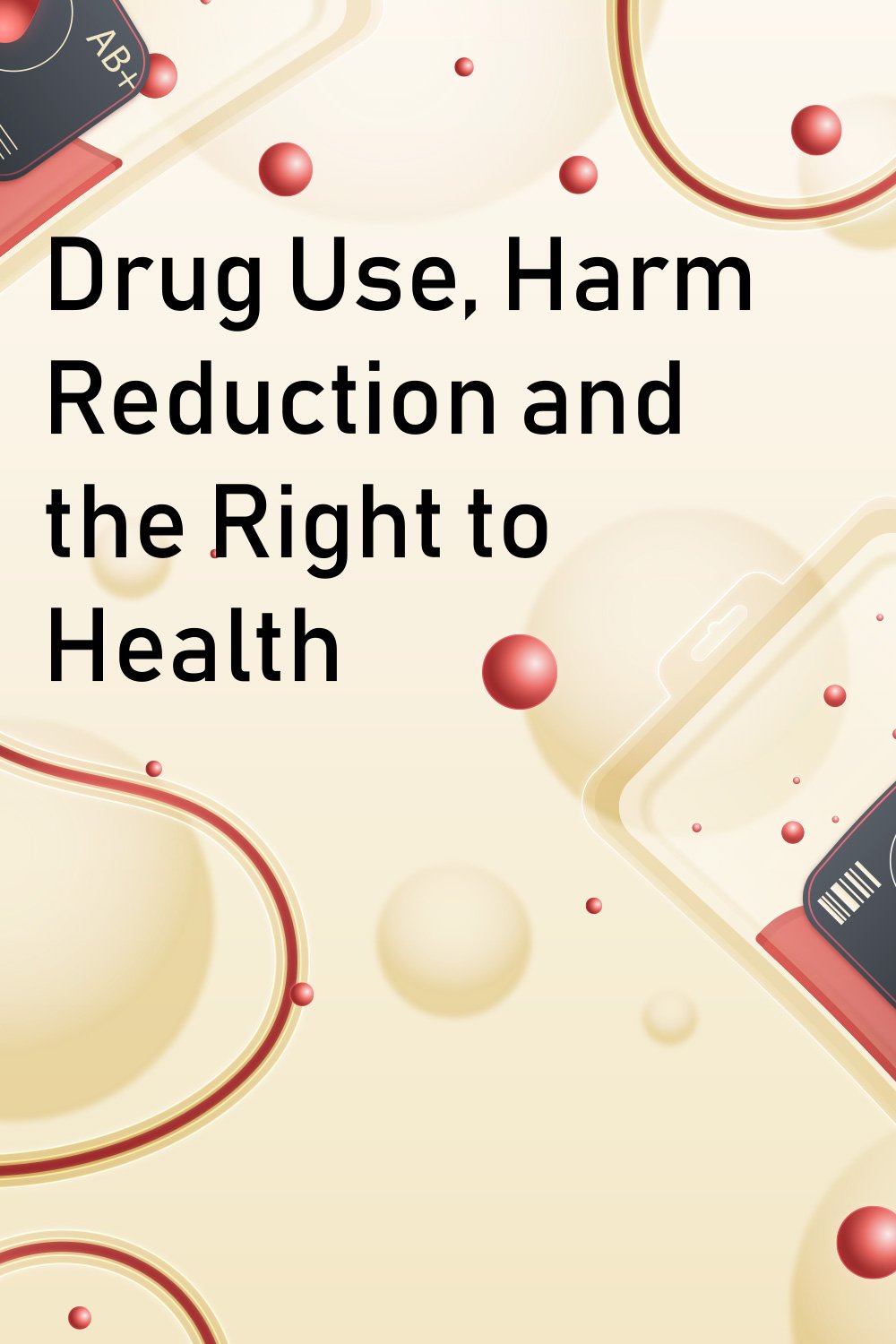Drugs have been a part of human history for thousands of years, whether for medicinal healing, religious and cultural ceremonies or as commodities for pleasure.1 However, across populations and over time, societies have taken vastly different approaches to drugs.
The social determinants of health 2 shape behaviours and outcomes that reflect disparities based on socioeconomic status, ethnicity, race, gender and other factors. Some people turn to drugs as a means of coping with mental health issues, trauma, discrimination and marginalization, such as that experienced by migrants, Indigenous Peoples, racial, ethnic and sexual minorities and LGBTIQA+ persons. Societies often further stigmatize people who use drugs rather than dealing with the root causes of the disparities surrounding drug use and the risk factors for drug use disorders. Such stigmatization can lead to the loss of opportunities, including the ability to pursue employment or education, acquire or maintain housing, access social security assistance and gain citizenship or legal status.
It is crucial to distinguish between drug use and drug use disorders. Drug use disorders, including drug dependency, are a medical condition that, in particular when left untreated, can increase morbidity and mortality risks for individuals, trigger substantial suffering and lead to impairment in personal, family, social, educational, occupational or other important areas of functioning, thus requiring appropriate treatment. Drug use is not a medical condition and does not imply dependency. The majority of people who use drugs do not require treatment. Still, the use of certain drugs without medical supervision can be associated with risk of overdose and death; drug use by injection carries the additional risk of transmitting infections such as HIV, hepatitis and tuberculosis.
The political determinants of health, or the norms, policies and practices that arise from political interactions across all sectors and across all geographical borders affecting health, drive better or worse outcomes across the world, including as they relate to drugs and drug laws and policies.
